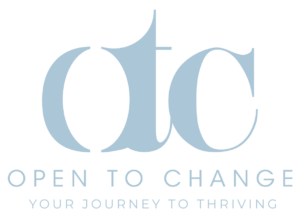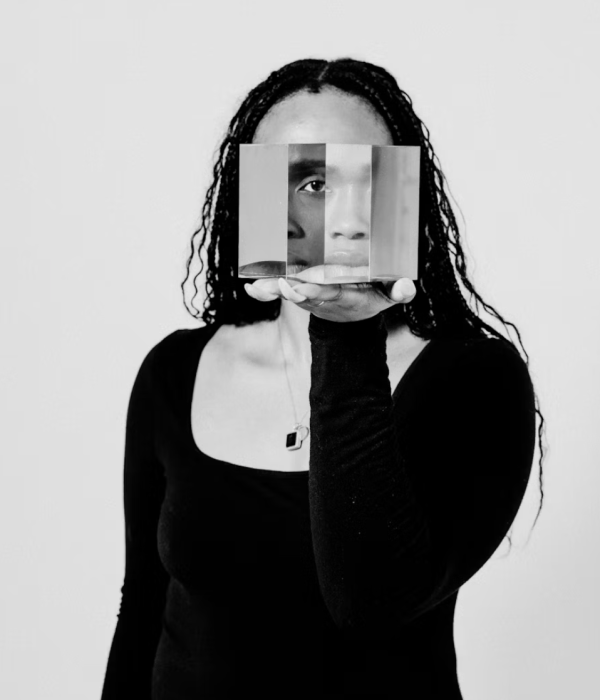Life is a series of transitions, and with each major transition, our identity undergoes a shift. Some of these shifts are subtle, almost imperceptible, while others can feel like complete transformations. From a psychological and neuroscientific standpoint, identity shifts are deeply tied to our brain’s functioning, our values, and the meaning we assign to our experiences. This article explores the impact of identity shifts, particularly during marriage and parenthood, with a special focus on gender differences and the role of personal values in shaping these transitions.
Understanding Identity Shifts: A Psychological Perspective
Identity is not a fixed entity; rather, it evolves over time, shaped by our experiences, relationships, and cultural expectations. Erik Erikson, one of the pioneers in developmental psychology, proposed that identity formation is an ongoing process that continues throughout life. His psychosocial development theory highlights how life transitions, such as marriage and parenthood, require an individual to integrate new roles into their self-concept.
For some, these transitions occur seamlessly, while for others, they bring a crisis of identity. This difference largely depends on how closely new roles align with an individual’s core values. For example, a woman who has deeply identified with her career may struggle when transitioning into motherhood if she perceives that motherhood requires sacrificing professional aspirations. Conversely, someone who has always valued caregiving and family life may find the shift into parenthood natural and fulfilling.
Neuroscience of Identity Shifts: The Brain in Transition
From a neuroscientific perspective, identity shifts involve multiple regions of the brain, particularly the limbic system, the prefrontal cortex, and the central nervous system. The limbic system, which includes the amygdala and hippocampus, is responsible for processing emotions and memories. When we undergo significant life changes, the limbic system plays a key role in how we emotionally respond to these transitions.
The prefrontal cortex, responsible for higher-order thinking, decision-making, and self-regulation, helps us integrate new roles into our identity. It allows us to rationalise, reflect, and adjust to changes in our self-concept. When identity shifts cause distress, it is often due to a perceived loss of self, which can activate stress responses in the brain, increasing activity in the amygdala (associated with fear and anxiety) and reducing activity in the prefrontal cortex, making adaptation more difficult.
The central nervous system (CNS), particularly through neuroplasticity, enables the brain to adapt to new realities. Research shows that identity shifts often correlate with neurobiological changes. For instance, studies on new parents indicate that pregnancy and early parenthood induce significant changes in the brain’s structure, particularly in regions associated with empathy, reward, and emotional regulation.
Marriage and Identity: Merging Two Selves
Marriage is often considered a merging of two lives, but it is also a merging of two identities. The transition from “I” to “we” can be seamless for some but challenging for others, depending on the degree of individuation each partner maintains. Psychologically, marriage often requires a renegotiation of personal identity, as individuals integrate their partner’s values, routines, and expectations into their own sense of self.
For women, societal and cultural norms often shape their identity within marriage. Studies suggest that women tend to experience a greater shift in self-concept after marriage due to traditional expectations surrounding gender roles. In cultures where marriage comes with expectations of domestic responsibility, women may feel a loss of independence, which can lead to identity conflict.
For men, marriage can be an equally profound transition. However, research suggests that men’s identities often remain more stable if their role expectations (e.g., as providers or protectors) align with their pre-existing sense of self. However, for men who identify strongly with independence or personal freedom, marriage can create internal tension, requiring significant adjustment.
Parenthood: A Profound Identity Transformation
One of the most significant identity shifts occurs when individuals become parents. Parenthood alters daily routines, priorities, and even neural structures, as research shows that both mothers and fathers undergo brain changes that enhance bonding and caregiving behaviours.
For mothers, the transition is often biologically reinforced. Studies show that pregnancy and childbirth lead to structural changes in the brain, particularly in areas related to empathy and social cognition. The maternal brain becomes more attuned to a child’s needs, reinforcing the mothering role. However, for women whose identity has been heavily invested in their professional or personal independence, this shift can be emotionally challenging. They may struggle with balancing personal aspirations with societal expectations of motherhood.
For fathers, the identity shift is often less biologically driven but still profound. Studies indicate that fatherhood increases activity in the brain’s reward system, reinforcing the bonding experience. However, men who have strongly associated their identity with work or personal autonomy may find the transition more challenging, especially if they feel unprepared for the emotional and logistical demands of parenthood.
Why Do Some People Experience Identity Shifts Seamlessly While Others Struggle?
The ease with which people navigate identity shifts is closely linked to their personal values and expectations. Research in psychology suggests that individuals who experience alignment between their values and new roles adapt more easily. For instance:
- A woman who has always valued family above career may transition into motherhood with ease, feeling that her new role aligns with her identity.
- A man who values independence but finds his personal freedom reduced in marriage or parenthood may struggle more with the transition.
- A career-driven woman who views professional success as central to her identity may experience identity conflict when stepping into motherhood.
Additionally, individuals who possess a flexible identity – the ability to integrate new roles without feeling a loss of self – tend to adapt more smoothly. Psychological resilience and a strong support system also play key roles in facilitating these transitions.
Identity Shifts Throughout Life: Divorce, Career Changes, and Reinvention
Identity shifts do not stop at marriage or parenthood. Over a lifetime, people may move through multiple phases – going from married to divorced, from employed to unemployed, or from one career to another. The key to navigating these shifts successfully is emotional resilience, a strong sense of self, and alignment with personal values rather than relying on external validation or societal constructs.
For instance, divorce can be seen as a loss of identity for some but as an opportunity for self-redefinition for others. Career transitions, whether voluntary or forced, may lead to identity crises if one’s self-worth is heavily tied to professional success. The ability to embrace change and reconstruct a sense of self in alignment with core values allows individuals to move through these transitions with greater ease and confidence.
The Existential Perspective: Identity as an Ongoing Creation
From an existential perspective, identity is not something we find – it is something we create. The philosopher Jean-Paul Sartre argued that human beings are in a constant state of becoming, meaning that identity is never fixed. This perspective can help individuals struggling with identity shifts by framing transitions not as losses but as opportunities for growth and redefinition.
The Key to Navigating Identity Shifts: Values, Resilience, and Support
Change is an inevitable part of life, and identity shifts can feel daunting, especially when they challenge our sense of self. The key to navigating these transitions with confidence is developing emotional resilience, a strong sense of self, and clarity around your personal values. When we anchor ourselves in our values, we can embrace new roles without feeling lost or dependent on external validation.
If you are feeling stuck, fearful, or uncertain about an upcoming life transition – whether it’s marriage, parenthood, divorce, or a career change – finding the right support is crucial. As a coach, I help individuals explore their core values, build emotional resilience, and gain the confidence to navigate identity shifts in a way that feels authentic and empowering.
You don’t have to face these changes alone. With the right guidance and tools, you can move through life’s transitions with clarity, purpose, and strength. If you’re ready to explore how coaching can support you during your identity shift, I’d love to help.







